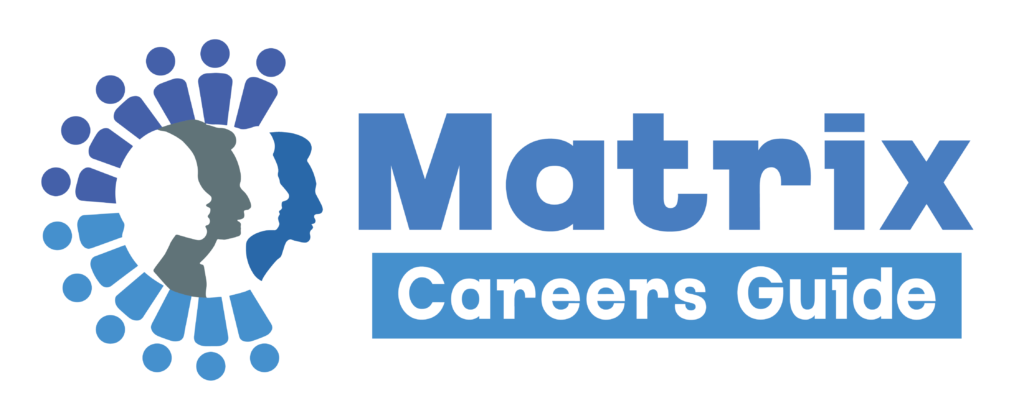Finding a Job
Finding a Job

CV & Covering Letter
When looking for employment, work experience, placements and apprenticeships,It is vital that you are able to show how you use your strengths to complete tasks or qualifications.
A CV is a document that shows all of the qualifications you have and gives a brief history of the time you have spent in school, college or out at work.
CV Breakdown
01 Contact Details – Your Name, Address and a contact number so that a company can get in touch with you.
02 Personal Profile – This paragraph gives a description of what you are like and the skills and strengths you can bring to a company. What do you do best? What are you good at?
03 Education/Training – The time you have spent at each school, college or training provider, what you did there and any qualifications you gained whilst studying.
04 Work Experience – This includes any work experience you did at school and any other part time or full time work you have had.
05 Interests – Companies like to know what you enjoy in your spare time especially any sports or creative activities. It shows a company your hidden talents e.g. “I play football for a local team.” Or “I like to design and make costumes for plays in my spare time.”
06 References – Companies will need to know who to contact to act as your referee.


